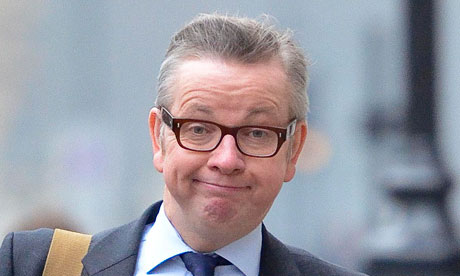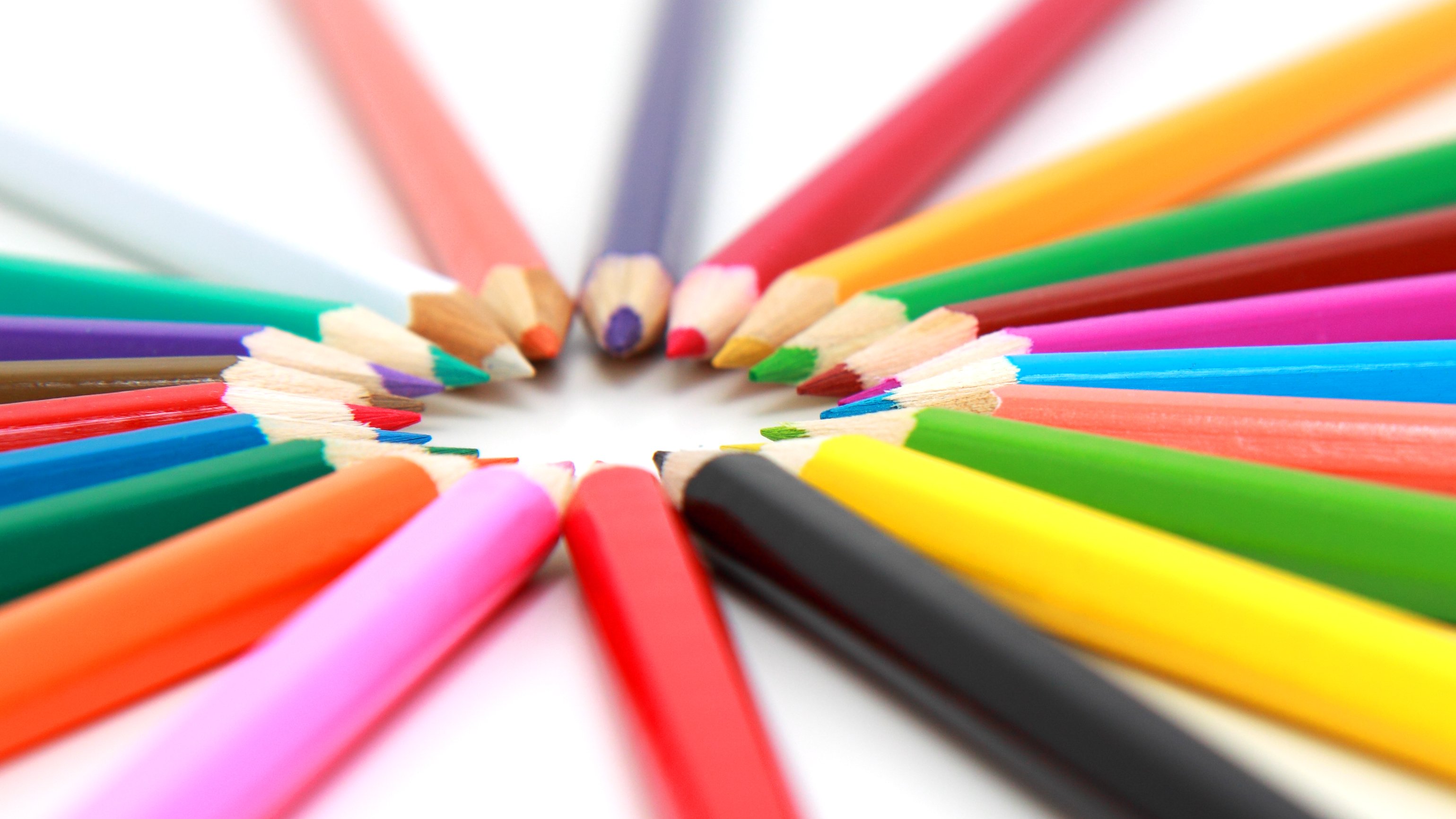Gove’s plans send schooling ‘Bacc’ to the past
Creativity and knowledge are inexorably interlinked; a dichotomy in constant debate. Michael Gove asserts that creativity must be fuelled by preceding knowledge and has come up against tough opposition for this bold statement. An improvised and seemingly endless task of trial and error starts at birth and should not, I believe, diminish throughout our lives. Creativity through curiosity is integral to the development of every human’s skillset and advancement. Of course, there is no denying that learning to walk, or figuring out the use of that waxy, brightly coloured crayon, is elementary in the realm of creativity. No doubt many activities considered creative, such as ballet and learning to play a musical instrument, require specialist technical learning. However, once basic, technical skills have been learnt, the ability to freely express the creative drive is limitless.
 Michael Gove’s plans for the Ebacc system of performance measurement in schools will see English, maths, languages, two sciences and either geography or history take a precedence. Five of these subjects must be taken, including English and maths. Overall, the Ebacc will take into consideration eight subjects, the remaining three of which can be arts although these are still not compulsory. Securing a good GCSE (A*-C) in these subjects procures the student the Ebacc, which in turn is used to monitor schools and effectively (or, as some argue, ineffectively) places them onto a league table, measuring their performance.
Michael Gove’s plans for the Ebacc system of performance measurement in schools will see English, maths, languages, two sciences and either geography or history take a precedence. Five of these subjects must be taken, including English and maths. Overall, the Ebacc will take into consideration eight subjects, the remaining three of which can be arts although these are still not compulsory. Securing a good GCSE (A*-C) in these subjects procures the student the Ebacc, which in turn is used to monitor schools and effectively (or, as some argue, ineffectively) places them onto a league table, measuring their performance.
Unsurprisingly, this has meant that creative arts subjects have received a knock. For many schools in Britain, performance levels are important in maintaining a successful learning environment and rightly so. However, this is coming at a price. Since the Ebacc has been introduced, though it is not compulsory, schools across the country have been making changes. This includes 16% of all schools reducing provisions for the arts, including drama and dance. Alongside this, design and technology has also seen a drop of 16%, and there has been a 14% decrease in music provisions and lessons.
The biggest cuts are constantly being taken from the arts sector, causing leading figures in the field to voice concerns that Britain’s creative economy could be significantly damaged “within a generation” because of the decision to leave arts subjects out of the Ebacc. Director and playwright Sir David Hare goes so far as to say that this is “the most dangerous and far-reaching of the government’s reforms.”
To relay my own experience: after studying Shakespeare’s Macbeth, I became disillusioned with English. It suddenly wasn’t about description, composition of poetry, or making fun posters and instead it became a laborious exercise of memorising poems and over-analysing. Shakespeare was daunting and the language of his plays was inaccessible. It wasn’t until I was part of a production of A Midsummer Night’s Dream for GCSE drama, which we took to the Shakespeare School’s Festival, that I really started to understand the playwright. Through movement, action and improvisation I grasped the vitality of the language and began to enjoy the play. This would never have been achieved through Gove’s ideal Victorian classroom setting, prioritising rote learning instead of creative, child-centred and explorative education.
[pullquote style=”left” quote=”dark”] Gove’s cry for “rigour” in a country with increasingly high levels of unemployment seems misplaced. [/pullquote]
Yes, pupils should be encouraged to strive for the age old maxim of ‘doing their best’. As students at the University of Warwick, we have presumably decided to take an academic route through education to engage in rigourous learning, or perhaps a more frenzied approach, of last minute memorisation for exams. But we have become too accustomed to the British education system, where priority, opportunity and privilege play a larger role than talent and hard work. This understanding of the British education system is years ahead of Gove’s apparent expertise.
Gove’s changes to the curriculum need not affect schools. It is perfectly possibly to achieve the Ebacc while maintaining interest in the arts. However, the problem is that Gove’s plans have already influenced the curriculum in some schools. Teachers and the ‘Bacc for the future’ campaign, which has over 45,500 signatures and 117 supporting organisations, are fighting Gove’s rigorous approach. In a nation where education is becoming a means to an end, wellbeing, choice, and expression of creativity are being pushed aside to make way for the right answers and the right grades, in the right subjects.
Right and wrong takes you only so far; the rest is improvisation through curiosity and creativity. If everyone has the same set of skills, such as the ability to explain ‘polarity’, differentiate equations, list the important dates in the British history and recite Sonnet 140, we will all be products of a homogenous idea of personhood. Yes, that will allow students to get into the best higher education institutions, but this knowledge will not make us interesting. It is not fuel for the future, and certainly will not set us apart from the rest.

Comments